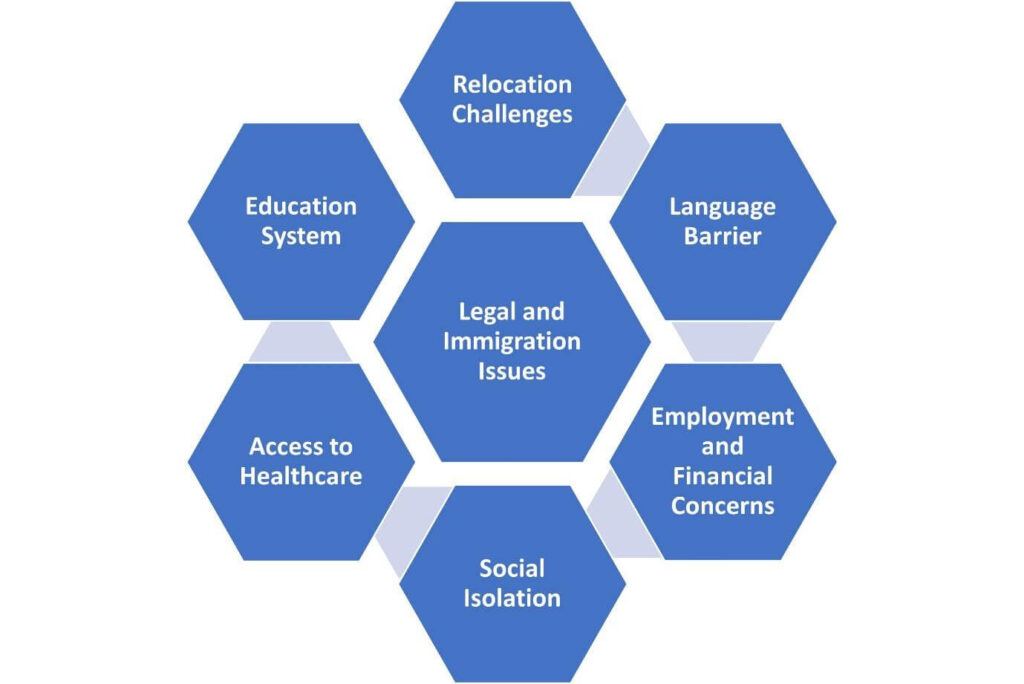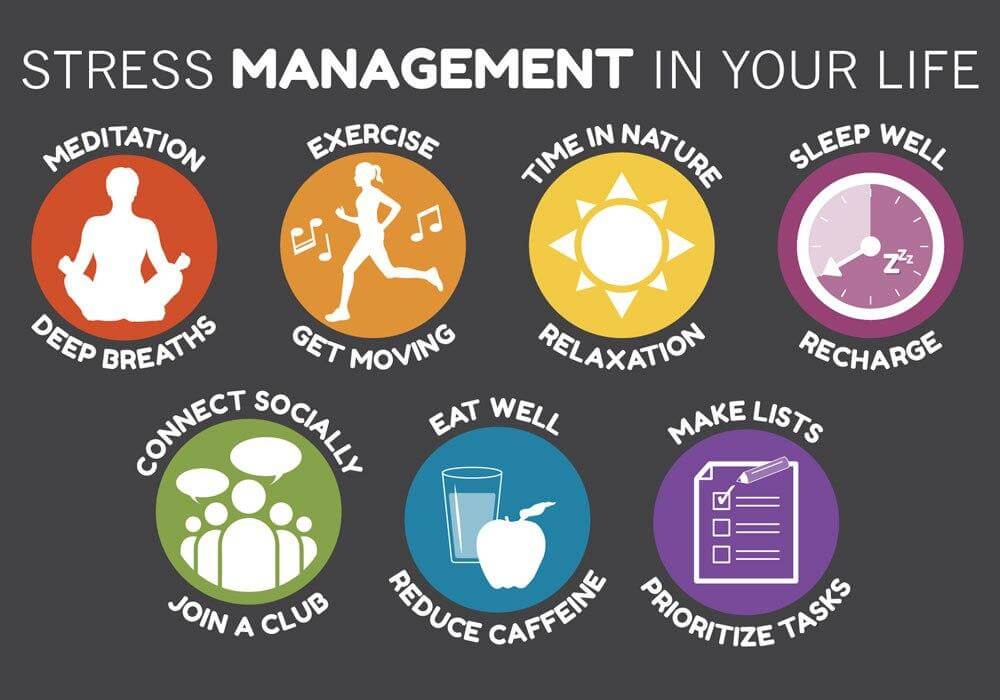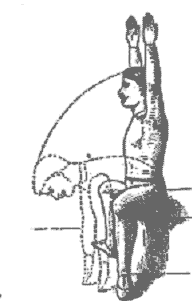Embarking on a new chapter in a new city like Moncton, Canada, is an exciting yet challenging experience for newcomer families. Amidst the excitement of exploring culture and community, the process of settling in can also bring about stress and uncertainty. In this blog post, we’ll delve into practical stress management techniques tailored specifically for newcomer families in Moncton, offering insights, strategies, and resources to navigate the journey with resilience and grace.
Embracing Change with Resilience
As newcomers to Moncton, my family and I embarked on our journey with a mixture of anticipation and apprehension. Adjusting to a new environment, navigating unfamiliar systems, and building a sense of belonging in a new community can be unnerving tasks. However, by approaching this transition with resilience and an open mind, we discovered that every challenge presented an opportunity for growth and learning.
Identifying Sources of Stress
The first step in effectively managing stress is to identify its sources. For new-comer families in Moncton, common stressors may include:

Families need to seek support from community organizations, settlement agencies, and healthcare providers to address these stressors and navigate the transition to life in Canada successfully.
Stress Management Techniques

- Practicing Mindfulness: Incorporate mindfulness techniques into your daily life to help manage stress and promote well-being. Practice deep breathing exercises, meditation, or yoga to calm the mind and reduce feelings of anxiety. Take moments throughout the day to focus on the present moment and cultivate a sense of gratitude for the positives in your life.
- Engaging in Physical Activity: Regular exercise is a powerful stress reliever and mood booster. Take advantage of Moncton’s recreational facilities, parks, and trails to engage in physical activities that you enjoy, such as walking, jogging, cycling, or playing sports. Exercise helps release endorphins, which are natural mood lifters, and can help you feel more energized and resilient.
- Exploring Nature: Spend time outdoors and immerse yourself in Moncton’s natural beauty. Take leisurely walks in parks, picnic by the river, or explore hiking trails in the surrounding areas. Connecting with nature can provide a sense of calm, perspective, and rejuvenation, helping to alleviate stress and improve overall well-being.
- Establishing Routines: Create daily routines and schedules to provide structure and predictability for your family. Set regular times for meals, rest, recreational activities, and family bonding. Consistent routines can help reduce feelings of chaos and uncertainty during the transition period.
- Seeking Social Support: Build connections with other newcomer families and members of the Moncton community. Join local newcomer support groups, community centers, or cultural organizations where you can meet people who share similar experiences. Connecting with others can provide emotional support, practical advice, and a sense of belonging.
- Maintaining Healthy Habits: Prioritize self-care by taking care of your physical and emotional health. Eat a balanced diet, get enough sleep, and avoid unhealthy coping mechanisms such as excessive alcohol or caffeine consumption. Practice relaxation techniques such as deep breathing, progressive muscle relaxation, or listening to soothing music to help unwind and de-stress.
- Seeking Professional Support: If you’re feeling overwhelmed or struggling to cope with stress, don’t hesitate to seek professional support. Moncton offers a range of support services for newcomer families, including counseling, therapy, and newcomer settlement programs. Reach out to healthcare professionals, counselors, or community organizations for assistance and guidance in managing stress and adjusting to life in Canada.
Easy Desk Exercises for You
Following are a few simple yet relaxing desk exercises that you can follow in your day-to-day life.
Instructions: Try and do all the given exercises one by one:
Basic Breathing

- Slip your shoes off and place your feet on the floor. Sit up straight and tall, distributing your weight evenly on both sit bones.
- Rest your arms on your thighs or by your side, palms up, thumb and index finger touching.
- The palm up position rolls your shoulder joints open and focuses your energy upward, toward the sky. The thumb and index finger connection creates a balance between mind and body
- Repeat this Exercise for 5 minutes.
Backward Bends

- Stretch the anterior trunk, hips, and joints in the lower back.
- Place your hands on your hips.
- Slowly bend backward.
- Your stretch should not cause pain or discomfort.
- Hold the stretch for 5 seconds.
- Repeat this exercise eight to nine times.
Loosen up and stretch to reduce typing fatigue

- Stretch those arms out. Way out.
- Bring them back in.
- If this exercise feels good, do it slowly ten times for ten minutes.
- It helps in blood circulation.
Ear to Shoulder

- Sit with your spine straight, and both feet flat on the floor.
- Inhale deeply.
- As you exhale, slowly roll your left ear towards your left shoulder.
- Inhale deeply and exhale slowly, rolling your chin back to your chest.
- Inhale deeply and exhale slowly, rolling your right ear to your right shoulder.
- Inhale deeply and exhale slowly, rolling your chin back to your chest.
- Do three or more sets.
Abdominal Desk: Feel the floor

Instruction: Before you start this abdominal desk exercise, first make sure your chair is not going to slide around.
- Stretch your arms out above your head, palms facing toward each other.
- Lift your torso out of your hips.
- Keeping your back long, gently bend from the hips forward to place your hands on the floor.
- Reverse the movement and come back up to sitting.
- Repeat the exercise 5 to 7 times for 10-15 minutes.
Eye Socket Soother

- Place the index finger on the eyebrow, and the middle finger lightly on the eyelid.
- In a slow circular motion, gently massage the eyeball and eye socket.
- Be careful to place no pressure on the eyeball, and if you use contact lenses, only massage the eye socket.
- Repeat this exercise for 5-7 minutes.
The “Yes-Sir” Stretch

- Clasp your arms behind your neck and gently move your head forward and back, ensuring you support the weight of your head.
- Repeat 7 to 10 times and gently release tension in your nodding, yes-sir muscles.
Back Massage

- Bring a tennis ball to work.
- Sitting tall in your chair, place the tennis ball on the painful area and lean into the chair.
- Pressing against the ball, begin to breathe long and deeply. Take ten or more breaths.
- Repeat this exercise for 10 minutes.
Relax in chair

- Sit with your spine straight and both feet flat on the floor.
- Feel both sit bones pressing into your chair.
- Firmly grasp your kneecaps and hold them. Shoulders and arms are relaxed.
- Inhale slowly, pressing and lifting your chest forward and up.
- Exhale slowly, rounding your back, pulling your navel into your spine, and curling your shoulders forward.
- Repeat 5 times until your body feels relaxed and loose.
By incorporating these stress management techniques into your daily routine, newcomer families in Moncton can effectively cope with the challenges of relocation and build resilience as they navigate the transition to a new community. Remember to be patient with yourself and your family during this adjustment period, and don’t hesitate to reach out for support when needed.








